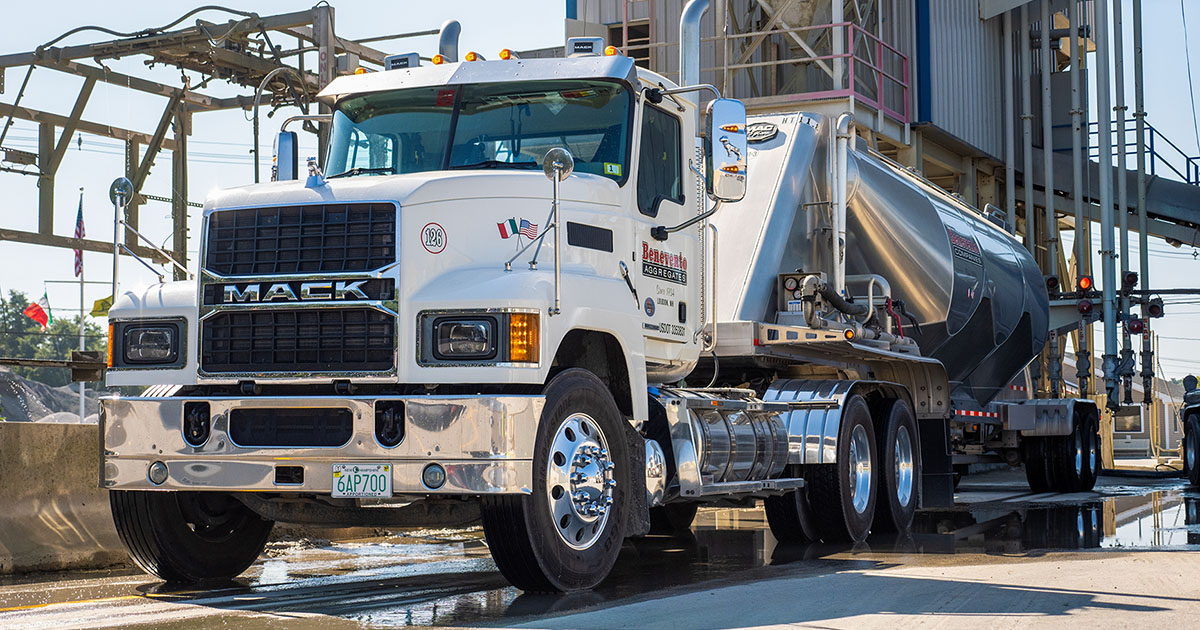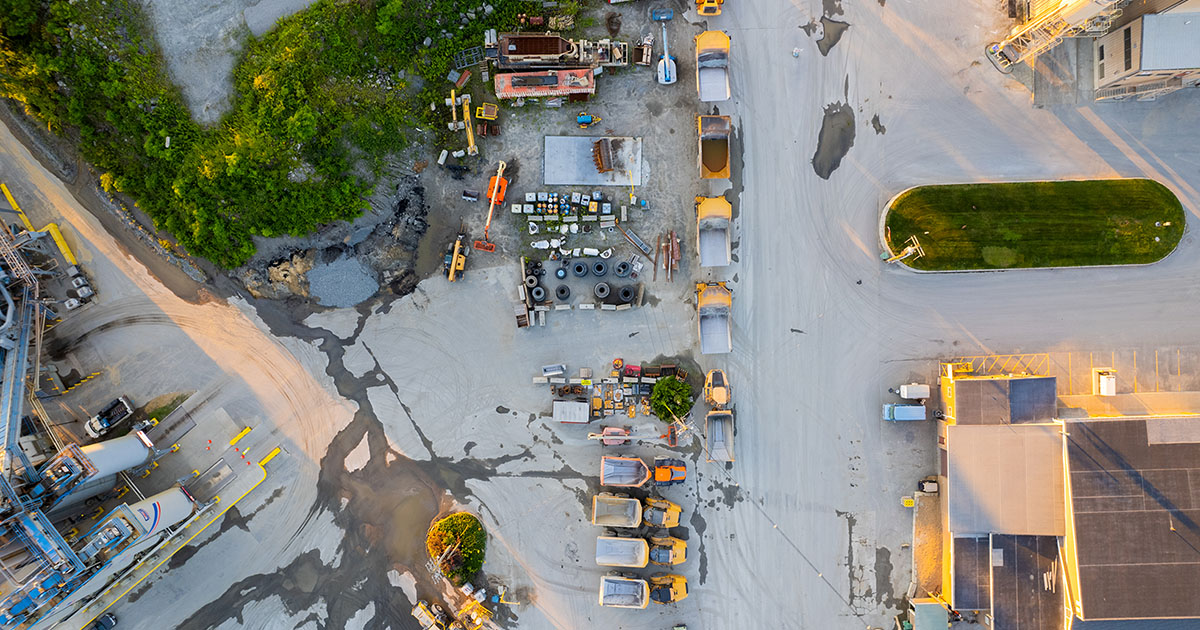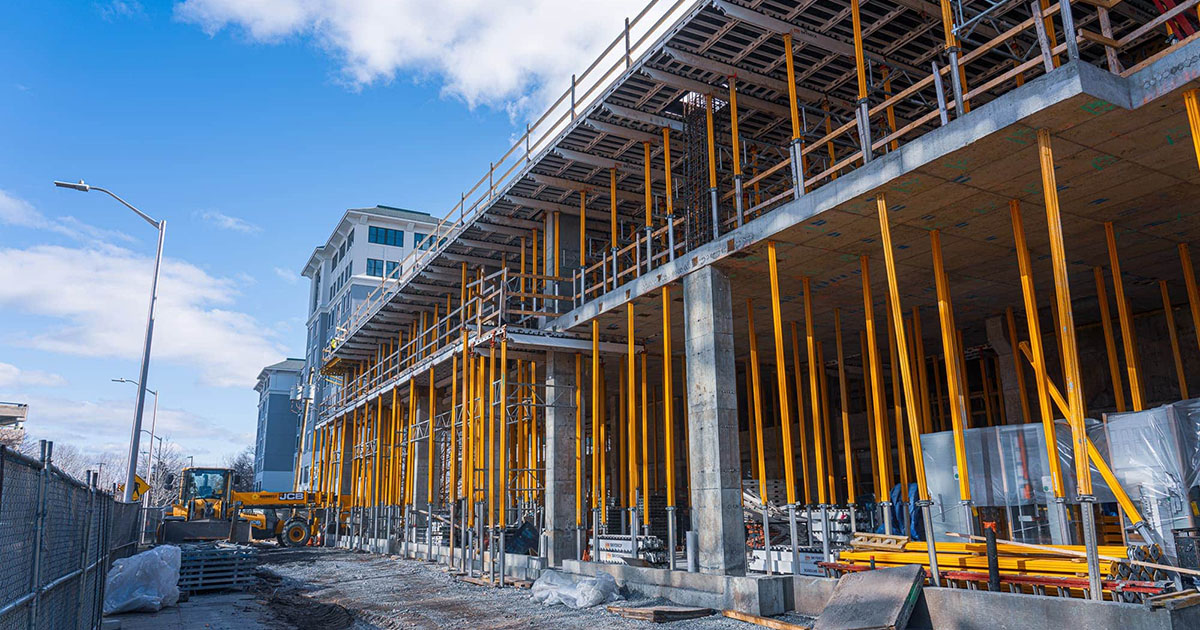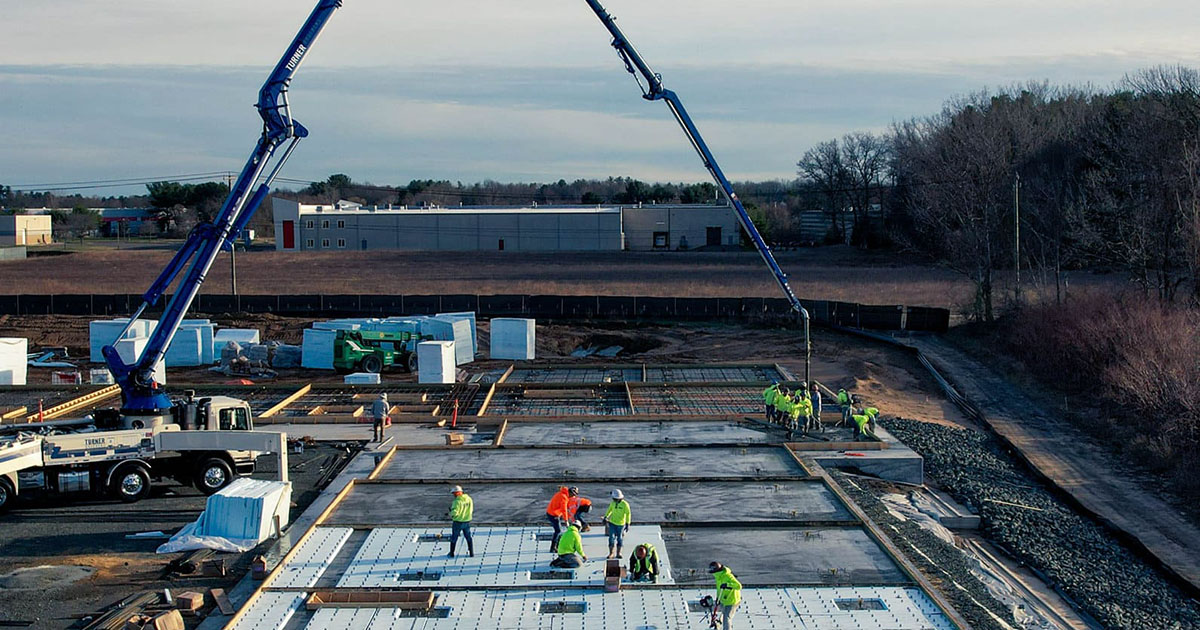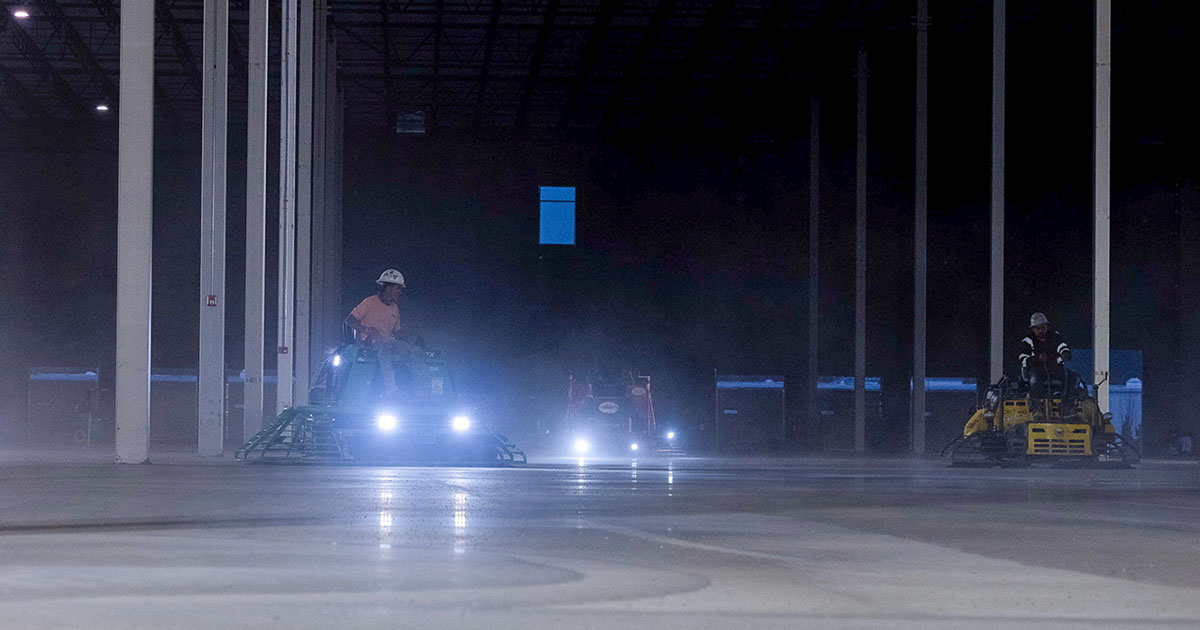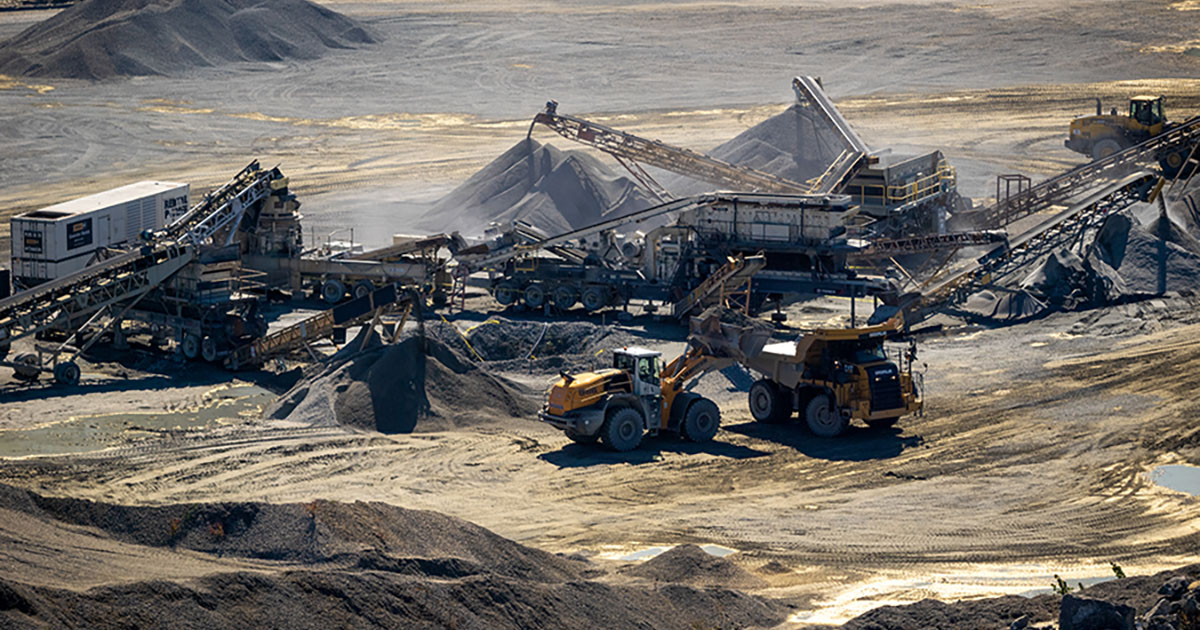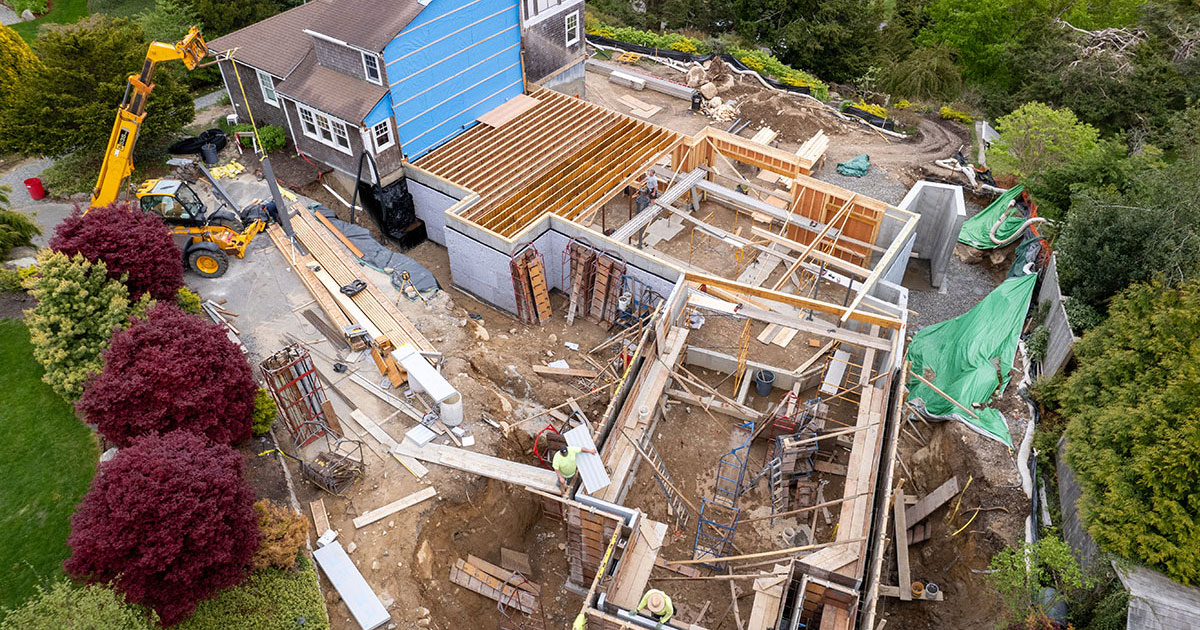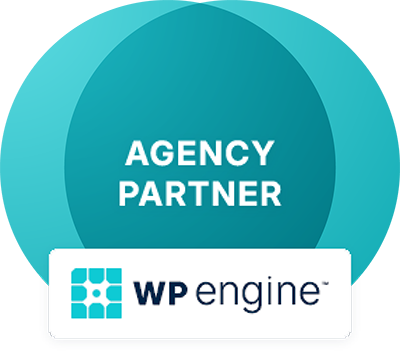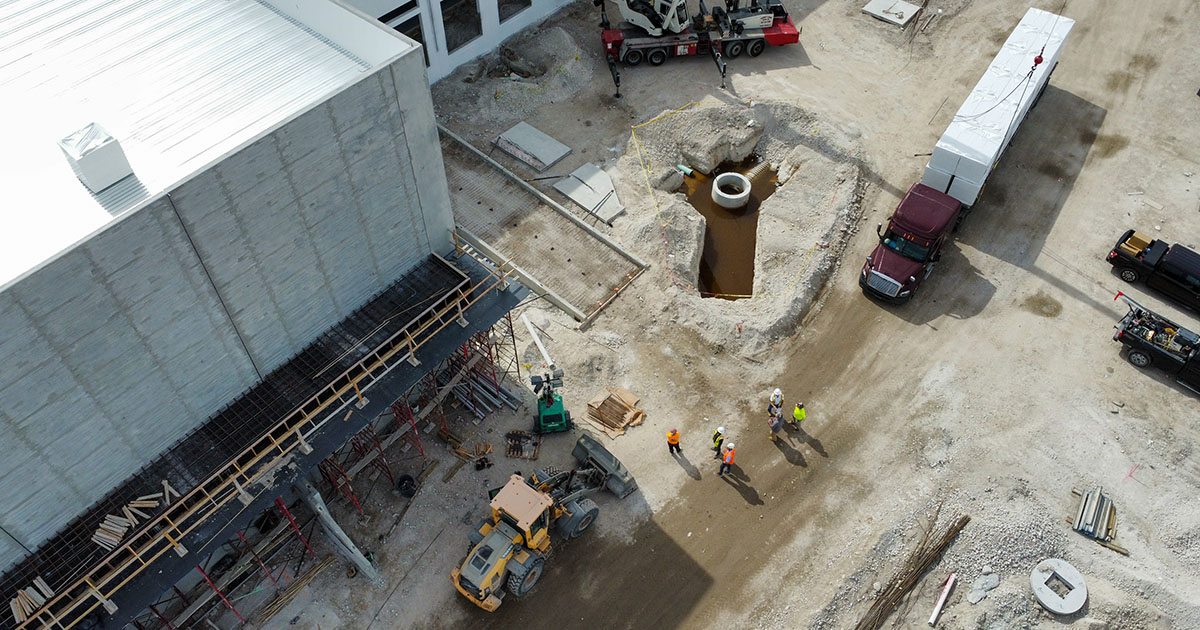
Hiring a Construction Website Designer for a Winning Website
In the construction industry, having a strong online presence is essential for attracting new clients and showcasing your expertise. A well-designed website is not only your digital storefront but also a powerful tool for generating leads and building credibility. A construction website designer specializes in creating custom websites tailored to the specific needs of contractors, builders, and construction firms. Their expertise ensures your website not only looks professional but is also optimized for performance, lead generation, and user experience.
In this article, we’ll explore the benefits of hiring a construction website designer, the must-have features for a successful construction website, and how a specialist can help you grow your business online.
Why You Need a Construction Website Designer
While many generic website builders are available, hiring a construction website designer offers distinct advantages for your business. A designer who understands the construction industry knows how to create a website that speaks directly to your target audience and showcases your unique skills and services.
Here’s why hiring a specialist matters:
- Industry expertise: Construction website designers know the specific needs of contractors, such as showcasing projects, integrating lead generation tools, and optimizing for local search.
- Tailored design: A specialist creates a website that reflects your brand, services, and expertise, ensuring a professional and custom look that appeals to your clients.
- SEO and performance optimization: Designers with construction expertise focus on SEO strategies to help your website rank higher in search engine results, making it easier for potential clients to find you.
By hiring a construction website designer, you’ll get a website built specifically for your industry, helping you stand out from competitors and attract more clients.
Essential Features of a Construction Website
A successful construction website must do more than look good—it needs to provide value to visitors, showcase your work, and encourage them to take action. A construction website designer will ensure that your site includes all the necessary features to convert visitors into leads.
Here are the must-have features of a successful construction website:
- Project portfolio: Showcase your completed projects with high-quality photos and detailed descriptions, giving potential clients an idea of the quality of your work.
- Service pages: Clearly outline the services you offer, from residential construction to commercial builds and remodeling. Include detailed descriptions to help visitors understand what you specialize in.
- Client testimonials: Add credibility by featuring reviews and feedback from satisfied clients. Positive testimonials build trust and make visitors more likely to contact you.
- Lead capture forms: Include simple, easy-to-use contact forms that allow visitors to request quotes, ask for consultations, or contact you for more information.
- Mobile-friendly design: Ensure your website is optimized for mobile devices, as many potential clients will search for contractors on their smartphones.
These features, implemented by a professional construction website designer, help create a user-friendly experience that drives leads and builds your brand.
SEO Strategies to Boost Visibility
A beautifully designed website won’t do much for your business if no one can find it. That’s where Search Engine Optimization (SEO) comes in. A construction website designer understands the importance of SEO and can optimize your website to rank higher in local search results, helping you attract more traffic and leads.
Key SEO strategies for construction websites include:
- Local SEO: Optimize your website for location-based searches by incorporating keywords like “construction company in [city]” or “contractor near me” into your content and meta descriptions.
- Keyword research: Use relevant keywords in your service pages, blogs, and project descriptions to improve search engine rankings.
- Google My Business integration: Link your Google My Business profile to your website to boost local SEO and increase visibility on Google Maps.
- Fast load times: Ensure your website loads quickly, as slow load times can negatively impact user experience and search engine rankings.
With an SEO-focused construction website designer, your website will be optimized to attract more traffic and convert visitors into clients.
Custom Design that Reflects Your Brand
Your website should be a reflection of your brand’s values, services, and expertise. A construction website designer will work with you to create a custom design that not only looks professional but also aligns with your company’s identity.
Why custom design matters:
- Brand consistency: A custom-designed website ensures that your branding—such as logos, color schemes, and messaging—remains consistent across all pages, building trust and recognition.
- User experience (UX): A professional designer focuses on creating a seamless user experience, with intuitive navigation, clear calls-to-action, and easy-to-find contact information.
- Differentiation from competitors: A unique, custom design helps set your business apart from the competition and leaves a lasting impression on potential clients.
By investing in a custom design from a construction website designer, you’ll create a website that not only attracts visitors but also reflects the professionalism of your business.
Lead Generation Tools to Grow Your Business
The ultimate goal of your website is to generate leads and help grow your business. A construction website designer will integrate tools that encourage visitors to take the next step, whether it’s requesting a quote, scheduling a consultation, or contacting you for more information.
Effective lead generation tools include:
- Contact forms: Place easy-to-use forms on key pages like your homepage and service pages to capture visitor information and generate leads.
- Calls-to-action (CTAs): Use clear, actionable buttons like “Get a Free Estimate” or “Schedule a Consultation” to guide visitors toward making contact.
- Live chat: Adding a live chat feature allows visitors to ask questions and receive instant responses, increasing the likelihood of converting them into clients.
- Landing pages: If you run paid ads or marketing campaigns, a designer can create custom landing pages optimized for conversions.
A construction website designer focuses on integrating these lead generation tools in a way that feels natural and encourages visitors to take action.
Incorporate Project Showcasing with Interactive Features
Modern construction websites can benefit significantly from interactive features that enhance visitor engagement. A construction website designer can integrate features that allow potential clients to explore your projects more dynamically, making your portfolio memorable and impactful.
Interactive Project Showcase Ideas:
- 360-Degree Photos: Offer immersive views of completed projects so visitors can explore every detail.
- Before-and-After Sliders: Include sliders to showcase transformations on renovation projects.
- Project Timelines: Highlight key milestones or project phases to illustrate your workflow and attention to detail.
These interactive elements make it easier for potential clients to see the quality of your work and visualize how you can bring their projects to life.
Implementing Analytics to Track Visitor Engagement
A construction website should not only attract visitors but also provide insights into their behavior. A construction website designer can set up analytics to track how visitors interact with your site, helping you refine your approach over time.
Key Metrics to Monitor:
- Page Views: Identify which service or project pages are attracting the most attention.
- Conversion Rates: Track how many visitors complete lead generation forms, providing insights into the effectiveness of your CTAs.
- Bounce Rate: See if visitors are quickly leaving the site, which may indicate a need to adjust the content or navigation.
Analytics help you make data-driven decisions, allowing you to continuously improve the site’s performance and conversion rates.
Integrate Case Studies for In-Depth Project Stories
For potential clients who want more than a photo gallery, case studies provide a detailed look at your projects, showcasing the challenges you overcame, the solutions you implemented, and the value delivered to the client. A construction website designer can help integrate these as a core part of your portfolio.
What to Include in Case Studies:
- Project Objectives: Briefly describe the client’s needs and goals for the project.
- Challenges and Solutions: Outline any obstacles faced and how your team addressed them, demonstrating your problem-solving abilities.
- Client Testimonials: Include quotes from clients about their experience working with you, adding credibility.
Case studies give potential clients a comprehensive understanding of your process and expertise, helping them feel confident in choosing you.
Highlight Community Involvement and Sustainability Initiatives
Modern clients increasingly value companies that give back to their communities and prioritize sustainability. Showcasing any eco-friendly practices or community involvement initiatives on your website can make a meaningful impression.
Ways to Feature Social Responsibility:
- Community Projects: Highlight work done for local nonprofits, schools, or other community-focused projects.
- Sustainability Practices: Mention if your company uses green materials, energy-efficient practices, or waste reduction strategies.
- Employee Volunteer Programs: If you encourage team participation in community events or charitable initiatives, feature this as part of your company’s culture.
Including these initiatives positions your company as forward-thinking and responsible, appealing to clients who value sustainability and community engagement.
Consider Adding a Blog for SEO and Client Education
A blog can be an invaluable tool for educating potential clients, improving SEO, and establishing authority in your field. A construction website designer can set up a blog page and organize it to attract and engage visitors.
Blog Topics for Construction Companies:
- Project Planning Tips: Articles on budgeting, timelines, or choosing the right materials can attract readers planning their own projects.
- Industry Insights: Share updates on construction technology, materials, or regulatory changes.
- Case Study Extensions: Expand on your case studies by sharing lessons learned or unique project challenges.
Blogging not only improves your website’s SEO but also helps position you as a knowledgeable resource, building trust with potential clients.
Add Career Opportunities to Attract Skilled Workers
If your company is growing, include a “Careers” or “Work with Us” section to attract skilled talent directly through your website. A construction website designer can make this section engaging and easy to navigate, allowing prospective employees to quickly understand what you offer as an employer.
Career Page Tips:
- Employee Benefits: Highlight unique benefits like professional development opportunities, safety training, or employee recognition programs.
- Job Openings and Descriptions: Clearly list available roles and provide an easy way for candidates to apply.
- Company Culture: Share a brief overview of your work environment and team culture to appeal to candidates who align with your values.
A dedicated careers page can help you build a strong team, bringing in skilled individuals who contribute to your company’s growth.
Ongoing Maintenance and Support
Your website is a long-term investment, and it needs to be maintained regularly to perform at its best. A professional construction website designer often provides ongoing website maintenance and support to ensure your site stays up-to-date and fully functional.
Ongoing maintenance services include:
- Regular updates: Keeping your website software, plugins, and security features up-to-date to avoid technical issues.
- Adding new content: Continuously updating your portfolio with new projects and services to showcase your latest work.
- Fixing bugs: Addressing any technical issues that arise, such as broken links or slow load times.
With ongoing support from a construction website designer, your website will remain secure, up-to-date, and optimized for generating leads over time.
How to Choose the Right Construction Website Designer
Choosing the right construction website designer is essential to ensuring your website meets your business goals. Here are some tips to help you select the best designer for your construction company:
- Check their portfolio: Review the designer’s previous work to see if their style aligns with your vision and whether they have experience designing construction websites.
- Ask about SEO expertise: Make sure the designer has a strong understanding of SEO and local optimization to ensure your site ranks well in search engine results.
- Discuss customization options: Ensure the designer can create a custom website that reflects your brand and is tailored to your specific business needs.
- Look for industry experience: Hiring a designer with experience working with construction companies ensures they understand the unique challenges of your industry.
By choosing a designer with the right skills and experience, you’ll create a website that helps your construction business thrive.
Why Hiring a Construction Website Designer is Essential
A well-designed website is a critical tool for growing your construction business, attracting new clients, and showcasing your work. Hiring a construction website designer ensures your website is built with industry-specific expertise, optimized for SEO, and designed to generate leads. From custom design to ongoing maintenance, a professional designer can create a site that sets your business apart from the competition and helps you achieve long-term success.

